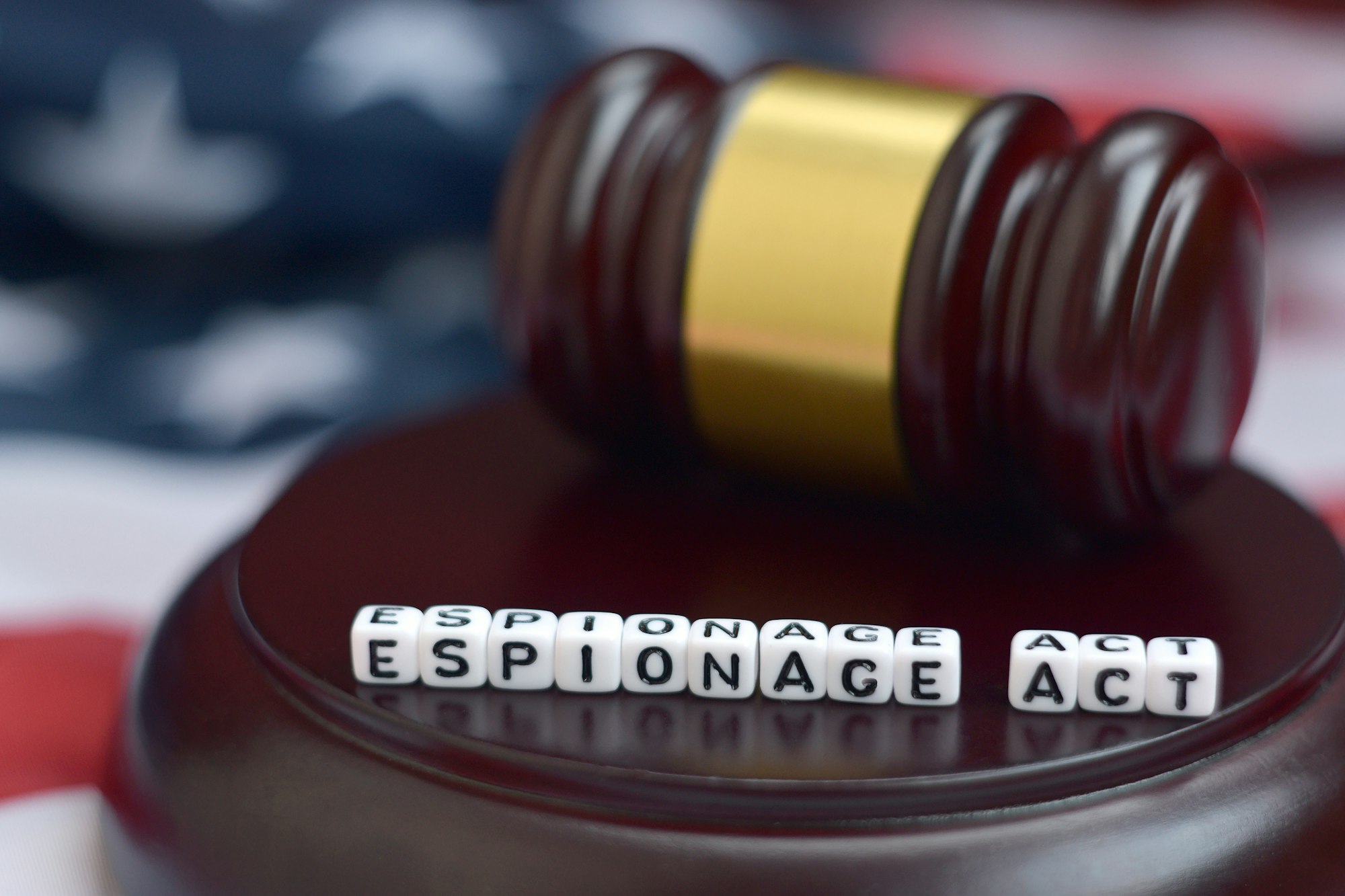What’s Going On?
Julian Assange, the guy behind WikiLeaks, is back in a London court fighting to not be sent to the United States. The US wants him because he leaked a bunch of secret documents. If he loses, he could be looking at spending the rest of his life in jail, with charges that could add up to 175 years behind bars.

What’s at Stake?
Assange is facing 18 charges in the US for releasing classified info through WikiLeaks. These charges are super serious and could mean he spends a lifetime in prison if extradited.
Assange’s Fight Against Extradition
Assange and his lawyers are putting up a strong fight. They argue that sending him to the US would be wrong because what he did was more about journalism and sharing information than committing a crime. They believe that he shouldn’t be handed over for what they see as political reasons.
Why Political Charges Are a Big Deal
A key part of Assange’s argument is about a rule between the US and UK that says you can’t extradite someone for political reasons. Assange’s team says what he did falls under this rule, making his extradition against the agreement.
Why People Are Talking About It
Assange’s situation is more than just a legal battle; it’s sparking a huge conversation about freedom of the press, how governments deal with whistleblowers, and human rights. The outcome could affect how journalists and whistleblowers are treated in the future.
The Bigger Picture for Journalism
Many are worried that if Assange is extradited and prosecuted, it could scare journalists away from publishing important but classified information. This could be bad news for public knowledge and holding those in power accountable.
So, Julian Assange is in a tough spot, trying to avoid being sent to the US where he faces a ton of charges for his work with WikiLeaks. His case has got people talking all over the world about the rights of journalists and the freedom of the press. It’s a big deal, not just for him, but for anyone who cares about transparency and keeping the public informed.

FAQs About Julian Assange’s Extradition Case
- Who is Julian Assange and why is he important?
- Julian Assange is the founder of WikiLeaks, a platform that published a large amount of classified documents. His work has sparked global discussions on transparency, press freedom, and government secrecy. Assange’s case is significant because it tests the boundaries of journalism and whistleblowing against national security concerns.
- What charges is Assange facing in the US?
- Assange faces 18 charges in the US, including conspiracy to receive, obtain, and disclose classified information. The charges stem from WikiLeaks’ publication of classified documents and could lead to a total of 175 years in prison if he’s convicted.
- Why is Assange fighting extradition to the US?
- Assange argues that his extradition to the US would violate human rights and press freedom. He claims that his actions were part of journalistic work, aiming to inform the public about government actions. Extraditing him for political reasons, his defense argues, violates the US-UK extradition treaty.
- What could Assange’s extradition mean for press freedom?
- If Assange is extradited and convicted, it could set a precedent that impacts journalists and whistleblowers worldwide. Critics fear it could criminalize the publication of classified information that’s in the public interest, potentially chilling investigative journalism and the exposure of government misconduct.
- What’s the current status of Assange’s legal battle?
- As of the latest update, Assange is making his final appeal against extradition in the UK courts. The outcome of this appeal could decide whether he’ll be sent to the US to face charges. The legal and public debate surrounding his case continues to unfold, highlighting the complex intersection of law, ethics, and national security.
Sources CNN


